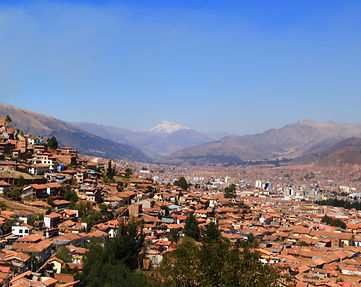

My research focuses on applying physiological mechanisms to better understand the factors that shape the diversity and distributions of species, now and in the future. I work along gradients of elevation, latitude, and urbanization to address my research questions.
Mechanisms in ecology
Understanding the factors that limit the distribution of species is at the core of ecological and biogeographical research, and is critical if we are to predict the responses of key ecosystem components to ongoing climatic changes.
My research addresses the mechanisms associated with how species are distributed and how they might cope with changes in climate. I take advantage of natural gradients of elevation and latitude to examine variation in physiology, species interactions, and occurrence patterns in order to understand what structures communities. Using a mechanistic approach, I am able to address questions in the fields of both ecology and evolutionary biology. Some of this work was done as part of my dissertation research in the Sanders Lab at the University of Tennessee.
As a postdoctoral research associate in David Burke's Lab at The Holden Arboretum, I worked on determining the mechanisms causing and spreading Beech Leaf Disease in the northeastern U.S.


Urban physiology
Urban development is becoming more and more common throughout the globe, with over 50% of the world’s population living in some form of urbanized environment. Thus, it is important to examine the consequences of urban development on ecological systems. With urbanization comes environmental change, often in the form of increased temperatures, making urban areas good proxies for ecological studies of climate change. Some of my research as a postdoctoral research associate in the Diamond Lab examined the physiological and evolutionary responses of ectotherms to increasing temperatures in urban environments.